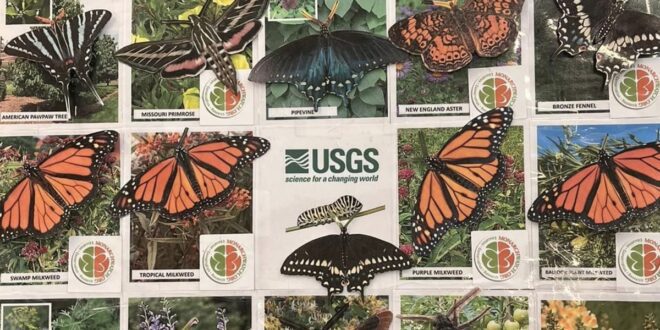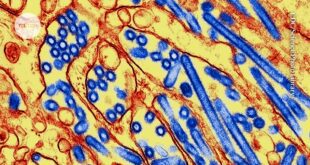Scientists Seek Deceased Butterflies, Moths, and Skippers for Research Collection
In an effort to understand the decline of insect populations and identify contaminants and environmental factors, scientists at the U.S. Geological Survey (USGS) are urging individuals to contribute to The Lepidoptera Research Collection by mailing in deceased butterflies, moths, and skippers.
The Importance of Citizen Science and Specimen Collections
Julie Dietze, the USGS scientist-in-charge of this project, emphasizes the significance of citizen science and specimen collections like this one. She states, “There are some questions that can’t effectively be answered without help from a lot of people. It’s what makes citizen science so special and valuable. Collections like this one are important because they have the potential to provide scientists now, and 20 years from now, access to specimens. Without the specimens, it will be far more difficult to answer questions related to contaminants and environmental health.”
States and Conditions for Specimen Contributions
The USGS is specifically looking for butterflies, moths, and skippers from Alabama, Georgia, Kansas, Nebraska, Oklahoma, and Texas. However, specimens protected under the U.S. Fish & Wildlife Endangered Species Act or listed as threatened or endangered under state law cannot be accepted. To view a listing of protected species in Texas, click here.
Deadline and Instructions
The deadline for mailing the specimens is November 1. Detailed instructions for collection and shipping can be found in the document embedded below.
Research Collection Document
For more information and to access the research collection document, please see below:
+
 Mind Uncharted Explore. Discover. Learn.
Mind Uncharted Explore. Discover. Learn.

